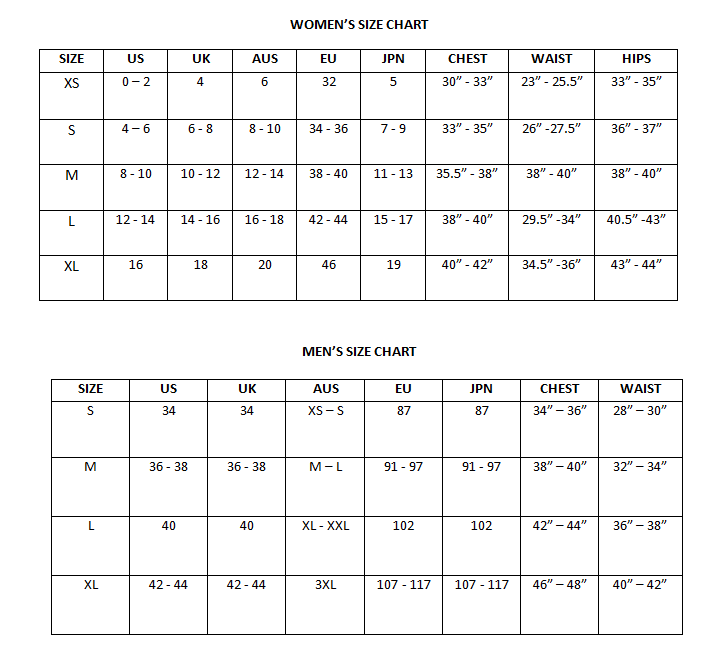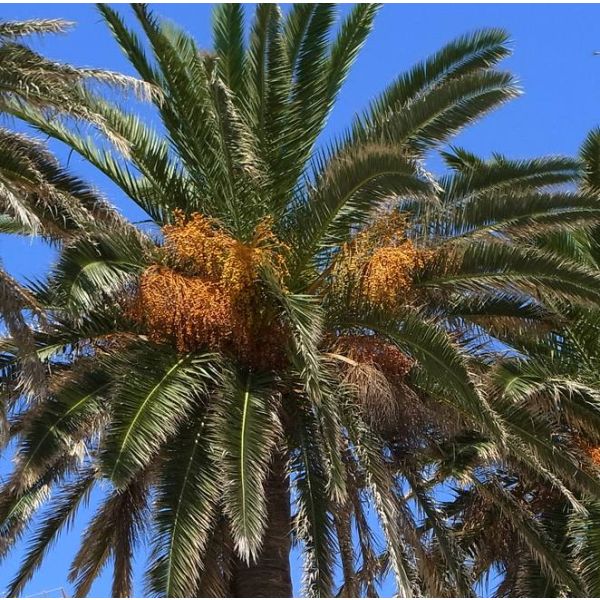Phoenix Canariensis Seeds (Canary Island Date Palm Seeds)
Phoenix Canariensis Seeds (Canary Island Date Palm Seeds)
The Canary Island Date palm is regarded as one of the world's most beautiful and majestic trees, and is an ideal specimen for transplanting.

Delivery
All orders shipped with UPS Express.
Always free shipping for orders over US $250.
All orders are shipped with a UPS tracking number.
Returns
Items returned within 14 days of their original shipment date in same as new condition will be eligible for a full refund or store credit.
Refunds will be charged back to the original form of payment used for purchase.
Customer is responsible for shipping charges when making returns and shipping/handling fees of original purchase is non-refundable.
All sale items are final purchases.
Help
Give us a shout if you have any other questions and/or concerns.
Email: contact@domain.com
Phone: +1 (23) 456 789
Availability: In stock
SKU
Phoenix Canariensis
Phoenix canariensis Seeds – Grow the Majestic Canary Island Date Palm
Phoenix canariensis, commonly known as the Canary Island Date Palm, is a striking, tall palm native to the Canary Islands. With its elegant, arching fronds and thick trunk, this palm creates a tropical and exotic atmosphere wherever it is planted. It’s often used as a specimen plant in landscaping, parks, and gardens due to its dramatic appearance and slow-growing nature.
A Tropical Beauty for Your Garden
The Canary Island Date Palm thrives in full sun and can tolerate a wide range of soil types, although it prefers well-draining, sandy soils. Its tolerance to heat and drought makes it suitable for warmer climates, and it’s often used in coastal or Mediterranean gardens. As the palm matures, it develops clusters of small, yellow flowers and edible dates, adding both beauty and practicality to your garden.
How to Grow Phoenix canariensis from Seeds
To germinate Phoenix canariensis seeds, soak the seeds in warm water for 24-48 hours to soften the outer coating. After soaking, plant the seeds in a well-draining potting mix and maintain a warm, humid environment. Keep the soil consistently moist but not waterlogged, and provide bright, indirect light. Germination may take several weeks, so patience is required to enjoy this majestic palm in your landscape.
| Common name | Canary Island Date Palm |
|---|---|
| Species | Phoenix canariensis |
| Germination | Place the Phoenix Canariensis seeds in a sterile medium which is only barely moist but never too wet. Just to be sure you can use a 1 pint measure (about 550 ml) of vermiculite, moistened with 30 ml (about two tablespoons) of water. The resulting vermiculite should feel quite dry to the touch. Nevertheless, don't be tempted to add more water. Seal the seeds in an airtight container (such as a plastic sandwich box (recommended)) or a plastic bag. Place it in a warm-to-hot position; say above the hot-water tank. Temperatures of 90 degrees Fahrenheit (about 32 C) are ideal. Inspect the seeds daily. Many species germinate in as little as one or two weeks, in spite of the fact that some books tell you they are likely to take 2 or 3 months! When a root appears, carefully put the seeds into well-drained compost (e.g. 50/50 standard potting compost and coarse grit), and keep warm until the shoot appears. When the shoot appears place the palm in a warm, light place. If your room temperature is fairly cool, be very careful not to over-water as the roots of some palms (even the humble date palm) will rot if the compost is kept wet when the palms are not actively growing. Germination can take longer. Be patient! |
| Price View | Price Range |

